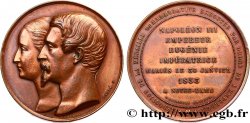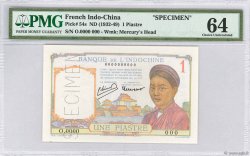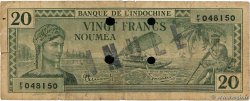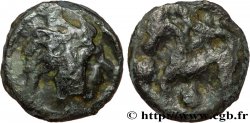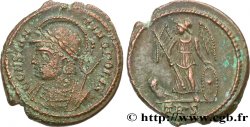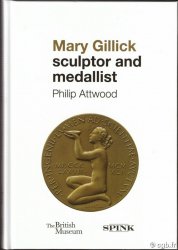Назад 1/1
Live auction - fme_878519 - SECOND EMPIRE Médaille, Conseiller d’État
Чтобы принять участие в торгах, вы должны войти в систему и стать подтвержденным участником аукциона. Войдите, чтобы сделать ставку. Ваш аккаунт будет подтвержден в течение 48 часов. Не ждите до закрытия торгов, чтобы зарегистрироваться.Сделав ставку на данный товар, вы вступаете в юридическое соглашение на покупку выбранного товара и нажатием кнопки «Сделать ставку» подтверждаете принятие вами условий интернет-аукционов cgb.fr.
Ставка может бить сделана только в полном эквиваленте евро. Торги закроются согласно времени, указанному в описании товара, все ставки, сделанные после закрытия торгов, учитываться не будут. Не следует откладывать предложение вашей ставки до последнего момента, так как система может не успеть обработать вашу заявку, и ваша ставка не будет принята. Более детальную информацию вы найдёте здесь: FAQ по интернет-аукционам.
Все ставки победителей подлежат комиссии 18%.
Все ставки победителей подлежат комиссии 18%.
| Оценить : | 200 € |
| Цена : | 201 € |
| Максимальная предлагаемая цена : | 201 € |
| Конец торгов : | 14 November 2023 16:43:14 |
| Участников : | 3 Участников |
Тип Médaille, Conseiller d’État
Дата: (1852)/1866
Металл: silver
Диаметр: 50 mm
Ориентация осей монеты: 12 h.
Вес: 65,20 g.
Век: lisse + abeille ARGENT
Пуансон: Abeille (1860 - 1880) ARGENT
Комментарии о состоянии
Médaille ayant été nettoyée, présentant des coups et rayures, notamment au revers
Лицевая сторона
Аверс: легенда: CONSEIL D’ETAT / 1852.
Аверс: описание: Légende en 2 lignes dans une couronne de feuilles de chênes, olivier et épis de blé.
Обратная сторона
Реверс: легенда: ERNEST PINARD / - / CONSEILLER D’ETAT.
Реверс: Описание: Légende gravée en 2 lignes dans une couronne de laurier.
Комментарий
A noter que cette médaille, au vue du poinçon figurant sur la tranche (abeille), est une frappe postérieure à la date indiquée à l’avers.
La médaille a été décernée à Ernest Pinard (1822-1909). Ce dernier fut notamment magistrat, procureur impérial, ministre de l'Intérieur. Il est connu pour ses réquisitoires contre deux écrivains aujourd'hui classiques de la littérature française : Gustave Flaubert (Madame Bovary) et Charles Baudelaire (Les Fleurs du mal).
Rallié à Louis-Napoléon Bonaparte, il devient successivement substitut à Troyes (1851), substitut du procureur impérial à Reims (1852) et enfin substitut au Parquet de la Seine (1853). Napoléon III, le nomme au Conseil d'État (1866) dont la principale fonction est la rédaction des projets de loi qui sont soumis à l'empereur avant discussion devant le Corps législatif. (cf. wikipedia). On peut donc supposer qu’il reçut la médaille à cette occasion, soit vers 1866.
La médaille a été décernée à Ernest Pinard (1822-1909). Ce dernier fut notamment magistrat, procureur impérial, ministre de l'Intérieur. Il est connu pour ses réquisitoires contre deux écrivains aujourd'hui classiques de la littérature française : Gustave Flaubert (Madame Bovary) et Charles Baudelaire (Les Fleurs du mal).
Rallié à Louis-Napoléon Bonaparte, il devient successivement substitut à Troyes (1851), substitut du procureur impérial à Reims (1852) et enfin substitut au Parquet de la Seine (1853). Napoléon III, le nomme au Conseil d'État (1866) dont la principale fonction est la rédaction des projets de loi qui sont soumis à l'empereur avant discussion devant le Corps législatif. (cf. wikipedia). On peut donc supposer qu’il reçut la médaille à cette occasion, soit vers 1866.







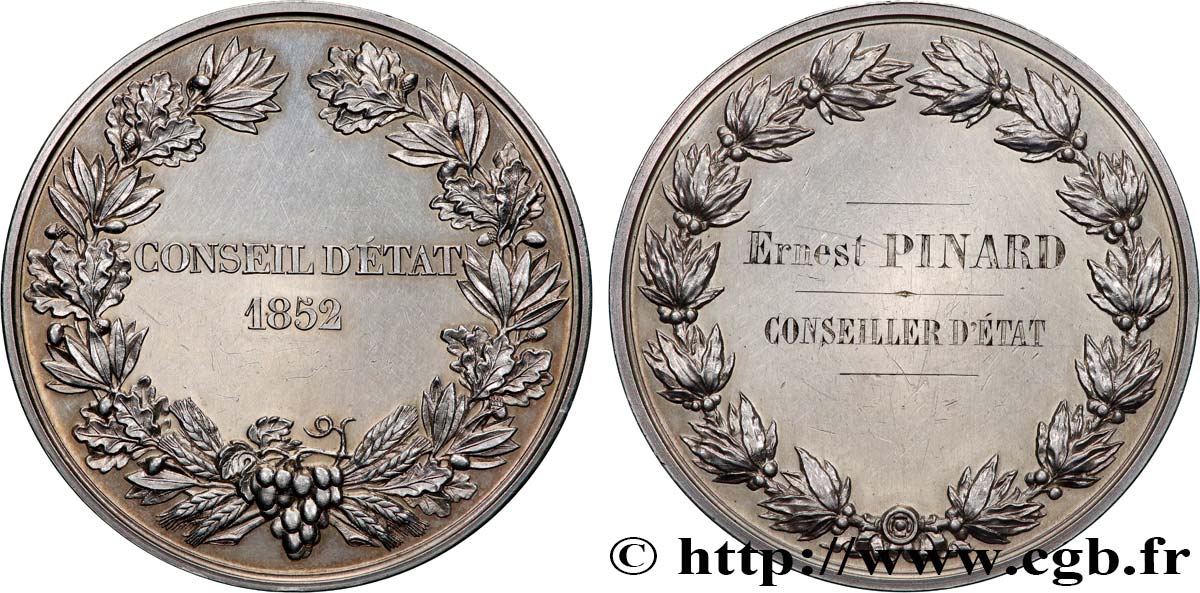
 Cообщить об ошибке
Cообщить об ошибке Распечатать страницу
Распечатать страницу Отправить мой выбор
Отправить мой выбор Задать вопрос
Задать вопрос Consign / sell
Consign / sell
 Информация
Информация



